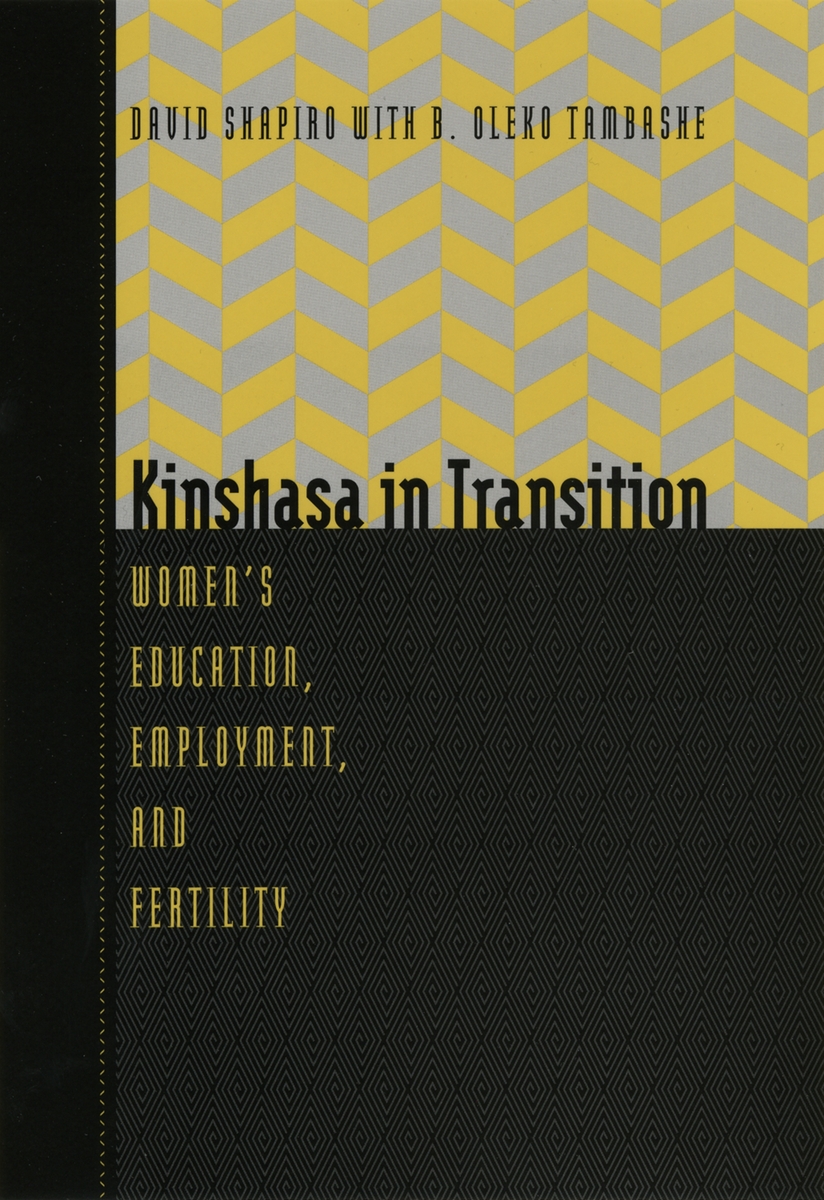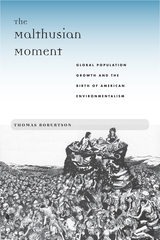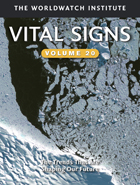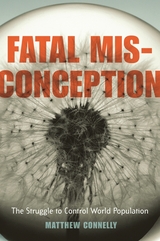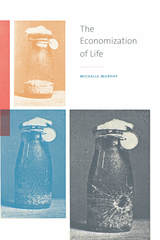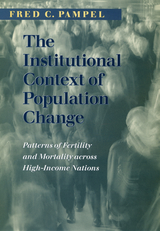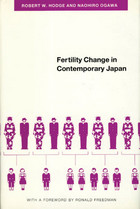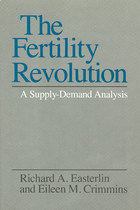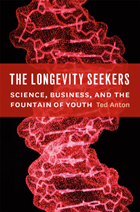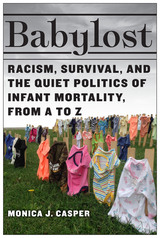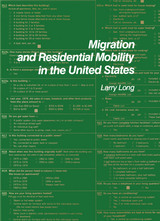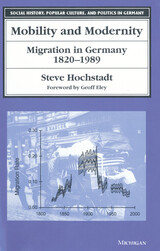Kinshasa in Transition: Women's Education, Employment, and Fertility
University of Chicago Press, 2003
eISBN: 978-0-226-75059-0 | Cloth: 978-0-226-75057-6
Library of Congress Classification HB1074.5.K5S525 2003
Dewey Decimal Classification 305.409675112
eISBN: 978-0-226-75059-0 | Cloth: 978-0-226-75057-6
Library of Congress Classification HB1074.5.K5S525 2003
Dewey Decimal Classification 305.409675112
ABOUT THIS BOOK | AUTHOR BIOGRAPHY | TOC
ABOUT THIS BOOK
After decades of tremendous growth, Kinshasa-capital of the Democratic Republic of the Congo-is now the second-largest urban area in sub-Saharan Africa. And as the city has grown-from around 300,000 people in the mid-1950s to more than five million today-it has experienced seismic social, economic, and demographic changes.
In this book, David Shapiro and B. Oleko Tambashe trace the impact of these changes on the lives of women, and their findings add dramatically to the field's limited knowledge of African demographic trends. They find that fertility has declined significantly in Kinshasa since the 1970s, and that women's increasing access to secondary education has played a key role in this decline. Better access to education has also given women greater access to employment opportunities. And by examining the impact of such factors as economic well-being and household demographic composition on the schooling of children, Shapiro and Tambashe reveal how one generation's fertility affects the next generation's education.
This book will be a valuable guide for anyone who wants to understand the complex and ongoing social, demographic, economic, and developmental changes in contemporary sub-Saharan Africa.
In this book, David Shapiro and B. Oleko Tambashe trace the impact of these changes on the lives of women, and their findings add dramatically to the field's limited knowledge of African demographic trends. They find that fertility has declined significantly in Kinshasa since the 1970s, and that women's increasing access to secondary education has played a key role in this decline. Better access to education has also given women greater access to employment opportunities. And by examining the impact of such factors as economic well-being and household demographic composition on the schooling of children, Shapiro and Tambashe reveal how one generation's fertility affects the next generation's education.
This book will be a valuable guide for anyone who wants to understand the complex and ongoing social, demographic, economic, and developmental changes in contemporary sub-Saharan Africa.
See other books on: Congo (Democratic Republic) | Fertility | Fertility, Human | Kinshasa | Transition
See other titles from University of Chicago Press
